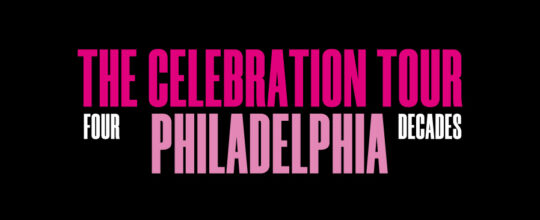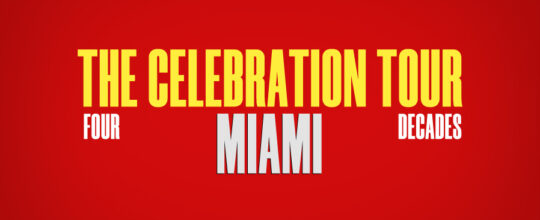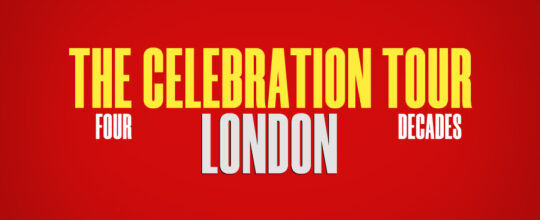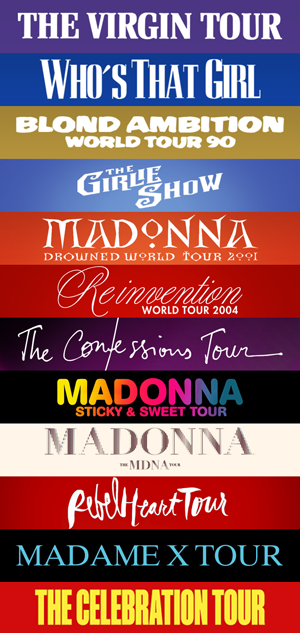Godspeed, Madonna!
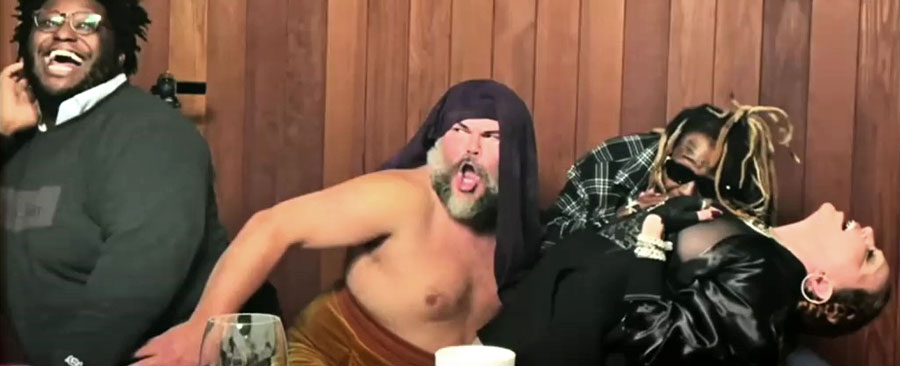
Robin Givhan, senior critic-at-large at The Washington Post, discusses how The Celebration Tour will be a testament to Madonna‘s legacy and a test of cultural boundaries, with the performer pushing against timeworn assumptions about gender and age at a moment when public dialogue can be very mean and very unforgiving on those very subjects.
At the height of her fame and influence in the 1980s and ’90s, Madonna managed to offend pretty much everyone who considered themselves part of the establishment or who believed themselves to be charged with setting moral codes of conduct and defining social acceptability, Givhan explains. She rankled the sensibilities of the Catholic church, Moral Majority and evangelicals. She made a career out of punching up at the powerful and the privileged. She stood on the side of outsiders. And for this – and her danceable beats and keen sense of aesthetics – she was beloved. She was especially vocal in speaking up for the LGBTQ community and celebrating elements of their culture, including ballroom and drag.
Most everything that made Madonna such a compelling cultural figure now has become a test, a challenge, a question. When she incorporated ballroom culture into her video for “Vogue,” she was applauded for shining a spotlight on this dance style created within the Black and Latin LGBTQ community. Now, there are conversations about cultural appropriation and whether she did enough to elevate the originators.
As a performer, Madonna was always moving forward, always latching on to the next thing simmering just outside the mainstream. She altered her look to mark each new chapter, and her audience applauded her. But the culture is less likely to applaud the looks of a 64-year-old woman unless she is perceived as somehow defying the march of time or aging gracefully – which is to say walking quietly into the sunset wearing expensive cashmere and sensible shoes.
And Madonna has not been quiet. She recently caused a kerfuffle on social media for making note of how, with her book Sex in 1992, she paved the way for performers such as Cardi B and Miley Cyrus to sing freely about their sexuality; she’s been taken to task for wearing the traditional attire of people from North Africa; she likes to craft social media videos of herself in extreme close-ups that make her look ghostly and imperfect rather than glamorous and flawless. She continues to provoke. Her admirers applaud her for maintaining the same edgy sense of indiscretion that she had in her 20s. She is also admonished for still having such audacity. Madonna hasn’t changed, and the culture is conflicted about that.
Read the full story on The Washington Post website.

